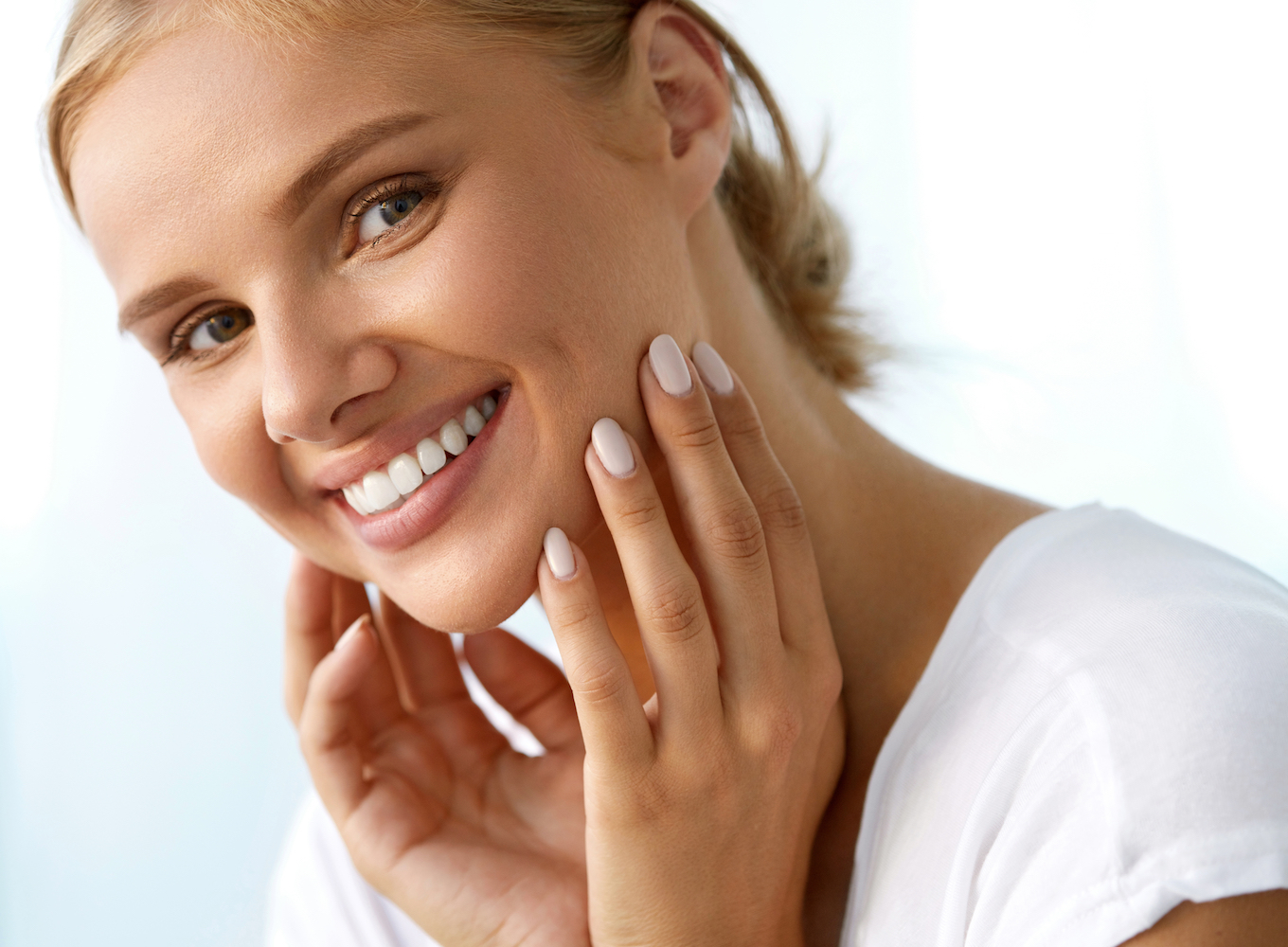Body Repaired Skin Damage in Groundbreaking Study

DNA changes resulting from simulated moderate sunshine were corrected by the skin within hours of exposure in a study published in the British Journal of Dermatology. The 2017 finding supports the notion that moderate UV exposure is not a major risk factor for skin cancer for certain skin types and that the benefits of moderate exposure outweigh the risks.
“The results from [the study] should provide healthcare regulators, especially those who have advocated sun abstinence because of their concern for increased risk for skin cancer, with a new perspective for how the sun and our skin work in concert to take advantage of the many beneficial effects of sensible sun exposure while minimizing risk for skin cancer,” renowned UV and vitamin D researcher Michael Holick wrote about the study in an editorial for the British Journal of Dermatology.
A group of international researchers hypothesized that people whose skin had evolved to produce adequate vitamin D from sun exposure had also developed mechanisms to repair any skin damage that also occurred. To test the theory, groups of Skin Type 2 and Skin Type 5 individuals were exposed to lights that simulated mid-day summer sunlight in the United Kingdom. Researchers evaluated the effect on vitamin D blood serum levels and measurements of DNA skin damage.
In the Skin Type 2 participants, researchers found that vitamin D blood levels increased 49 percent as a result of UVB radiation. They also observed the development of photoproducts that have been associated with increased risk of non-melanoma skin cancer if unrepaired. However, just 24 hours after exposure ceased, those markers of DNA damage had depreciated to the point that they were undetectable. In comparing results for Skin Type 5 individuals to those for Skin Type 2s, the researchers unsurprisingly found that the increased pigmentation of Skin Type 5s resulted in less DNA damage as well as reduced vitamin D production.
To explain the results, Holick writes that mechanisms have evolved to prevent skin cancer in those who lack the natural protection of substantial melanin. Multiple enzymes have been shown to identify UVB-induced skin damage and excise the damaged portion, essentially repairing the damage. However, in a previous study, significant UVB-induced DNA damage was not corrected as it was in the most recent study, because the participants were exposed to a more significant amount of sunlight. Thus, it’s important to understand that the current study relates only to moderate, non-burning exposure, and overexposure should always be avoided.
“The World Health Organization recognizes that limited sun exposure is an important source of vitamin D3 and at the same time warns against sunburning,” Holick wrote. ”The results of the study […] support the concept that sensible sun exposure that does not cause sunburning, and is appropriate for the person’s skin type, can prevent vitamin D deficiency and its negative health consequences with little concern about this exposure increasing risk for skin cancer. However, sun exposure beyond that recommended for each person’s skin type should be avoided either through covering the exposed area or using sunscreen to prevent the DNA damage that is associated with longer exposure as was evident in the Danish study.”
SmartTan.com news articles regularly report medical and scientific information to keep you abreast of current events related to UV light. This information is not intended to be used by any party to make unwarranted health claims to promote sunbed usage. Indoor tanning businesses are obligated to communicate a fair and balanced message to all clients about your products and services including the potential risks associated with indoor tanning. Contact your Smart Tan representative to find out more about what you can and can’t say in your tanning salon business.
© 2022 International Smart Tan Network. All rights reserved.
